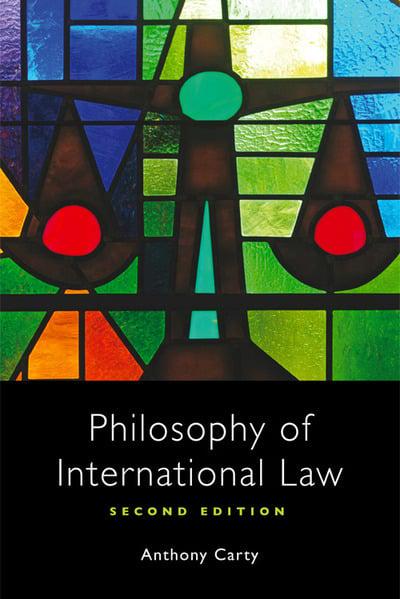 Criticism of legislation is certainly a moral matter but a nasty regulation may still be a sound regulation and create a authorized (however not ethical) obligation. A theory is an explanation of some aspect of the natural world that is nicely-substantiated by details, examined hypotheses, and laws.
Criticism of legislation is certainly a moral matter but a nasty regulation may still be a sound regulation and create a authorized (however not ethical) obligation. A theory is an explanation of some aspect of the natural world that is nicely-substantiated by details, examined hypotheses, and laws.
This may be done by distinguishing rigorously between the social assertion that is the norm itself and the legal-scientific restatement of it that is, or is contained in, an outline of the norm. Because of this, natural law theory of law is logically independent of pure law concept of morality.
But in both circumstances, as, in truth, with another normative system, the presupposition of the fundamental norm is logically required only of those that regard the related norms as causes for his or her actions. The remainder of this essay can be completely concerned with natural law theories of legislation.
This had the completely satisfied consequence that, in its modern application, the universality of the Pure Idea (and Kelsen insisted that solely universal truths could possibly be ‘scientific’) would coincide with that of predominantly world legislation. While the classical naturalist seems dedicated to the claim that the legislation necessarily incorporates all moral principles, this declare does not imply that the regulation is exhausted by the set of moral principles.
Nevertheless, in Kelsen’s concept the related standpoint is distinctly a authorized one, not some general conception of morality or Reason. Thus the normativity of religion, like that of the regulation, rests on the presupposition … Read More


 Here it is price noting that utilitarians sometimes seem to recommend that they derive their utilitarianism from sure information about human nature; as Bentham once wrote, “nature has positioned mankind under the governance of two sovereign masters, pain and pleasure.
Here it is price noting that utilitarians sometimes seem to recommend that they derive their utilitarianism from sure information about human nature; as Bentham once wrote, “nature has positioned mankind under the governance of two sovereign masters, pain and pleasure. Anarchism is known right here exactly as a rejection of the normative validity of legislation; nevertheless, even the anarchist can make an argument about what the regulation on this or that context requires; and when she makes such an argument, she must presuppose the legal viewpoint, she must argue as if she endorses the basic norm of the related legal system.
Anarchism is known right here exactly as a rejection of the normative validity of legislation; nevertheless, even the anarchist can make an argument about what the regulation on this or that context requires; and when she makes such an argument, she must presuppose the legal viewpoint, she must argue as if she endorses the basic norm of the related legal system.